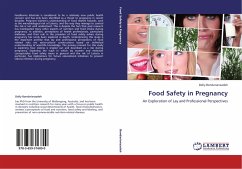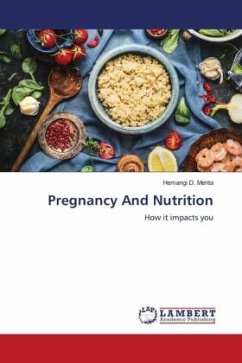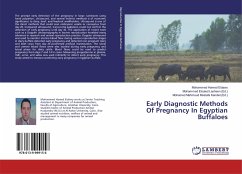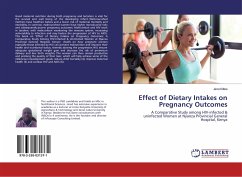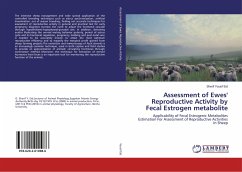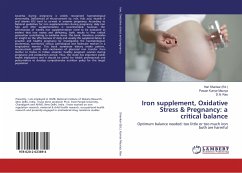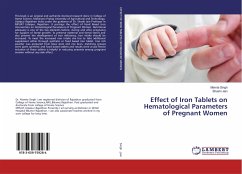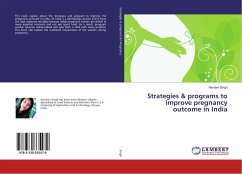Foodborne listeriosis is considered to be a relatively new public health concern and has only been identified as a threat to pregnancy in recent decades. Pregnant women's understanding of food related hazards, such as the microbiological risk of Listeria, and the way they manage to control the risk is not well understood. This is despite the fact that past research has investigated many other aspects of nutrition and food intake during pregnancy. In addition, perceptions of health professionals, particularly midwives, and their role in the provision of food safety advice during pregnancy has rarely been explored in depth. Underpinning this study is the important premise that lay and professional perceptions of food related risks are socio-cultural constructions based on individual understanding of scientific knowledge. The primary interest for this study is exploring how Listeria is singled out and described as a risk during pregnancy. Exploring the ways in which lay women and midwives conceptualize food safety issues in general and the risk of Listeria in particular, has implications for future educational initiatives to prevent Listeria infection during pregnancy.
Bitte wählen Sie Ihr Anliegen aus.
Rechnungen
Retourenschein anfordern
Bestellstatus
Storno

